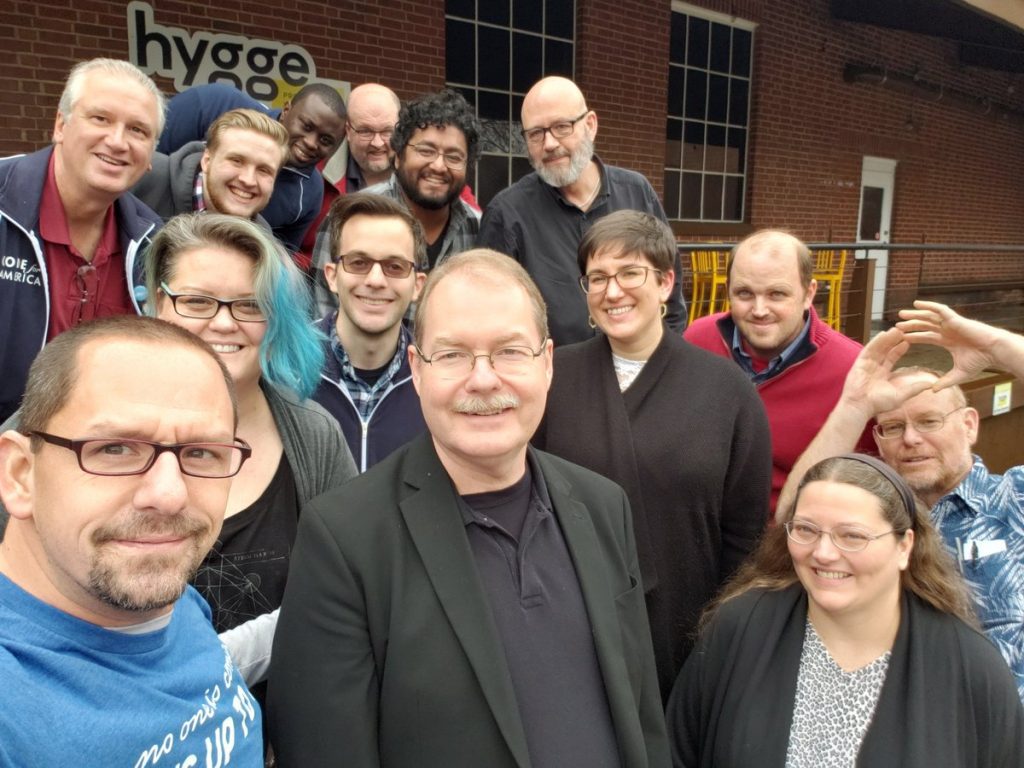
I was pleased to be part of the Saturday December 15th gathering of NC leaders in the civic tech field for prioritizing goals and strategies for 2019. Civic tech is about working on community needs, using volunteers with IT and web design expertise, to utilize government open data for the common good. I provide a longer description of civic tech here.
I will focus on just one idea, because it is close to my heart: for smaller towns and rural areas, what does civic tech look like, and how can it help tackle real community needs?
NC has local civic tech groups – called brigades – in Asheville, Charlotte, Greensboro, Durham, Chapel Hill, Cary and Raleigh. The umbrella group linking these local efforts is the “Open NC Collaborative.” There is also interest in Fayetteville and Wilmington.
Civic tech relies of state and local government data sets that are open to use by various software. I think there is a widespread belief that only big cities can do civic tech. Projects need two things: people with IT expertise, and local government investment in making data “open” (removing names and other sensitive information). At first glance, these constitute sizable barriers for doing civic tech outside of big cities.
Small Town Potential
Although small towns may not appear likely to support this kind of work, here are two signs of the potential:
- I identified that NC community colleges produce about 1,000 graduates annually with an I.T.-field degree or certificate. Given the reach of the 58 community colleges across the state, especially to small towns and rural communities, IT expertise may be more available than people in metropolitan areas think it is.
- A high school in Newton, NC (population 13,000) has students working with city officials on civic improvements using their I.T. skills.
Finally, small town officials often have to be frugal and resourceful to work within limited budgets. Maybe it is easier to involve people on a community enhancement project because of long-standing family, neighborhood and religious ties.
However, civic tech may be hard to do without high-speed Internet access. Working to have solid cable or DSL connections may be a critical step before work on civic tech is truly relevant.
Outreach and Learning – Small Towns, Tech and Community Challenges
Leaders from the brigades are starting to gather names of people who appear to be good candidates to listen about small town and rural needs and possible civic tech activities.
Part of my focus in 2019 on civic tech in NC will be on “small town tech,” community needs, and different approaches to open data, volunteer involvement, and apps or other online resources of value to people in all parts of the state.

I would like your help:
- What ideas do you have about linking open data with problems/opportunities that are important to small town residents?
- Where is the tech talent to work on these problems/opportunities?
- Please point me to initiatives (successful or in-progress) where online information, or a specialized app, has addressed a small town or rural area community need.


Subsequent posts on this topic:
https://cele.sog.unc.edu/seeking-the-seeds-of-civic-tech-in-medium-sized-and-smaller-towns-in-nc/